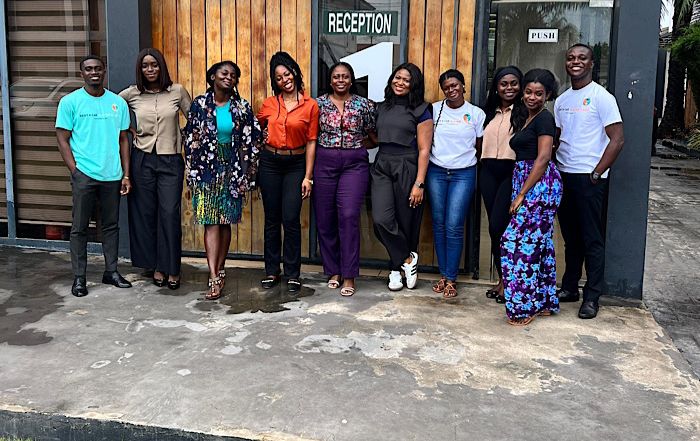At WopeCar, digital access is not just a tool. It’s the backbone of how we work. From publishing blogs and coordinating on social media, to uploading videos and keeping our teams connected, the internet is at the heart of our daily operations. But what happens when that access is restricted or shut down?
During a recent training session with Felicia Anthonio of Access Now, we explored the global fight for digital rights and why internet shutdowns are one of the most pressing challenges today.
The Fight Against Internet Shutdowns
Felicia has travelled to over 35 countries and spoken at more than 50 events worldwide, advocating against internet shutdowns and pushing for policies that prioritize digital rights. Her message was clear:
“Internet access is no longer a luxury. It is essential.”
Since 2016, at least 41 countries across Africa have experienced some form of internet shutdown. The trend is global:
2024: 54 countries recorded shutdowns
2023: 39 countries
2022: 40 countries
2021: 39 countries
2020: 34 countries
Closer to home, our neighbours, Togo, Benin, Senegal, Cameroon, and Nigeria, have all faced disruptions. Shutdowns don’t just cut access to platforms; they suppress freedom of expression, silence protests, and often enable human rights violations.
A recent example: in Nepal, the government shut down 26 social media platforms under the guise of regulation. Instead of fostering accountability, the move stifled free expression and sparked public backlash.
The Human Cost of Shutdowns
Beyond silencing voices, shutdowns directly affect livelihoods. Businesses lose income, communities lose connection, and individuals lose their right to information. Felicia emphasized that “one internet shutdown is one too many.” For organisations like WopeCar, even temporary disruptions would affect our ability to:
- Update our website and blog
- Track social media campaigns
- Conduct research
- Upload or download content
- Communicate with our team
Digital Rights Go Beyond Shutdowns
Felicia also highlighted other key issues tied to digital rights:
Tech-facilitated gender-based violence: non-consensual image sharing, doxxing, stalking, and online abuse, all of which have devastating effects on mental health and real-world safety.
Data protection: Ghana has a data protection law, but awareness and enforcement remain challenges. Protecting personal and organizational data is vital in today’s digital economy.
Encryption and privacy: from emails to messaging platforms, secure communication tools are essential safeguards against surveillance and abuse.
Why It Matters for Ghana
While Ghana has not experienced a nationwide internet shutdown, the regional and global trends show that the risk is real. Digital rights advocacy ensures that individuals, businesses, and civil society organizations remain vigilant and prepared.
At WopeCar, we recognize that digital rights are human rights. Training sessions like these remind us that protecting online freedoms is just as critical as safeguarding freedoms offline.
As we continue our work, we stand with advocates like Felicia Anthonio and organisations like Access Now in the call to #KeepItOn. Because every time the internet is shut down, so too is opportunity, expression, and progress.




